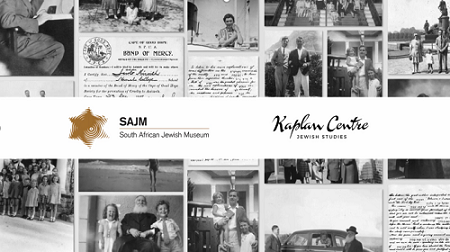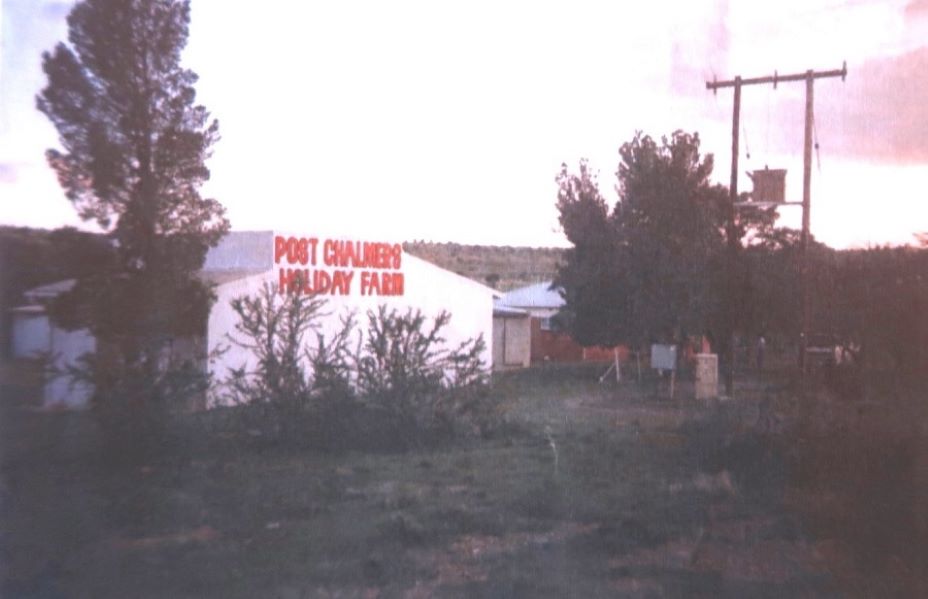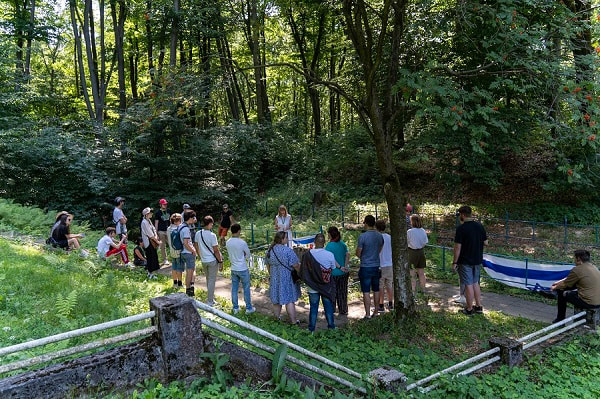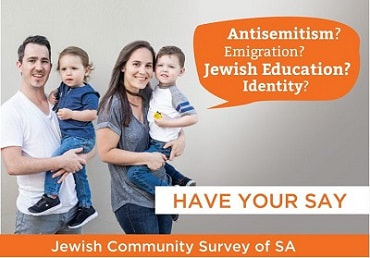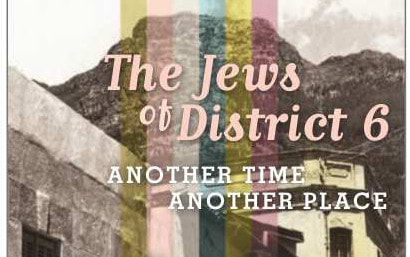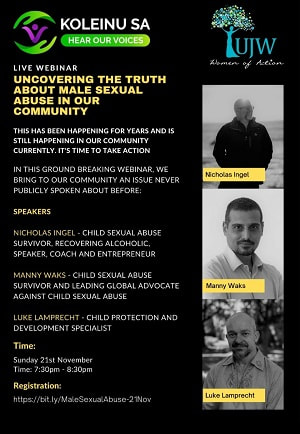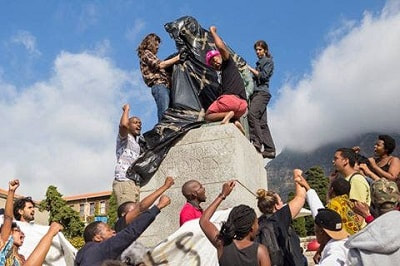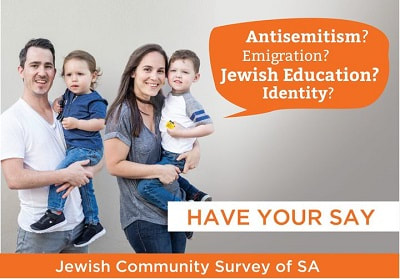by Kathrine GarrunKathrine Garrun looks at the role that community archives -- including digital archives -- play in telling the story of South African Jewish life. ON Sunday, 18 April 2021, a devastating fire on Table Mountain spread rapidly to the University of Cape Town (UCT), and soon ignited the roof of the historic Jagger Reading Room, engulfing the treasured African Studies Library. The fire resulted in irreparable loss of historical collections. Although also situated on upper campus of UCT, and perilously close to the flames, the Kaplan Centre for Jewish Studies, and its archival store, was untouched by the fire. Such a loss would have been unimaginable. Our collections -- personal papers, congregational and organisational records, oral histories, and photographic materials -- tell the story of South African Jewish life. They not only connect South African Jews to their past but are crucial repositories for any future research on the community and South African Jewry.
1 Comment
by dmitri abrahamsDmitri Abrahams looks at how the South African media reported on the Holocaust between April and November 1945. He suggests that the different reportage reflected not only the ethos of the publication and their stance on World War II, but also the deeply polarised thinking of the papers’ respective readership -- with regards to both the war as well as what was happening back home in South Africa. 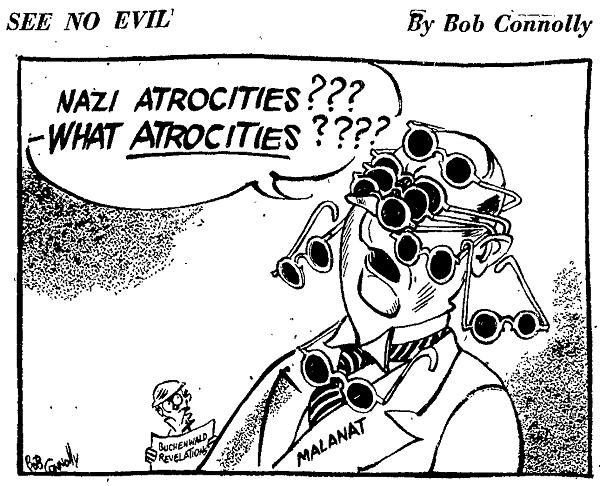 A cartoon from The Rand Daily Mail (1945) lampooning DF Malan's attempts to deny Nazi atrocities. A cartoon from The Rand Daily Mail (1945) lampooning DF Malan's attempts to deny Nazi atrocities. THE liberation of concentration camps in 1945 and the revelation of atrocities committed by Nazi Germany caused major upset in South African society. As a part of my dissertation on Holocaust memory in South Africa I analysed how the South African press reported on and understood the liberation of the concentration camps. The liberation of the concentration camps by Allied forces happened during an uncoordinated, chaotic period in which information emerged piecemeal. The press had already reported on the persecution and mass murder of European Jewry from at least 1942 so when the news of the liberation of the camps reached South African shores, they had some background with which to engage with the topic which suddenly flooded the pages of their daily and weekly newspapers. by marina geldenhuysMarina Geldenhuys reflects on her visceral response during a recent Holocaust study tour to Poland. Drawing from her research which looked at an apartheid-era 'death farm' in the Eastern Cape, Marina suggests that we instinctually search for signs and evidence of violence in places where violence occurred. THIS last July I visited Poland as a participant in the Poland Holocaust Study Tour 2022, organised by the Austrian Service Abroad, the Johannesburg Holocaust & Genocide Centre and the Kaplan Centre for Jewish Studies at the University of Cape Town. Although the Holocaust is not my area of study, I had spent my honours year absorbed in memory studies of violent histories. In particular my research looked at apartheid security police violence at Post Chalmers, a ‘death farm’ in the Eastern Cape. "We gathered for prayer at the grave of 800 murdered children and learnt that the executions started in the summer of 1942. Despair rose in my throat as I realised that, at the moment they died, the children saw what we were seeing, their minds probably attempting to reconcile the glade's beauty with its horror". by ILANA STEinIlana Stein reflects on what Judaism says about our responsibility to the planet and explores environmental awareness in the South African Jewish community. I always wanted to be a game ranger. When I began working in conservation tourism, I discovered a world filled with people who discussed rhino numbers and elephant footprints with an intensity that inspired me. I was thrilled to be part of this group of people who, when faced with habitat destruction, extinction of species and environmental degradation, would unequivocally declare “not on our watch.” But as a practicing Jew I found myself asking whether Judaism explicitly cares about the environment. "Despite the growth of the green movement in global Jewish circles, the South African Jewish community has lagged behind". by yanky fachlerWith both the South African and Irish Jewish communities being predominantly Litvak in origin, Yanky Fachler explores the commonalities between these two communities. 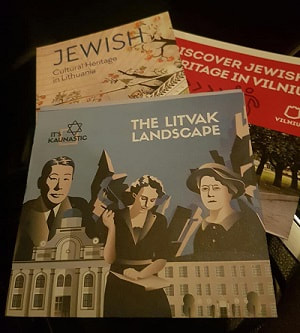 90% of South African and 80% of Irish Jewry have Litvak roots. 90% of South African and 80% of Irish Jewry have Litvak roots. If my Litvak great-grandfather Jacob Becker, after whom I am named, had not spent a year in Pretoria in the late 19th century and not brought back to Lithuania a pocketful of South African passports, my grandfather, Sam Becker, would have been unable to use his South African passport to escape from Nazi Germany for Britain prior to World War II. As a result, I lived in England for the first 25 years of my life. I then lived in Israel for the next 25 years. Moving to Ireland a quarter of a century ago suddenly made me mindful of my own – and Ireland’s – Litvak heritage. When I was researching my book, Kaleidoscope: Key characters who helped shape the Irish-Jewish community [1], something that Dublin-born Max Nurock, a former Israeli ambassador to Australia and New Zealand, once said resonated. Nurock had stated that “Ireland’s Jews are a community founded largely by an incomparable generation of Litvak pioneers.” "No other Jewish community in the world mirrors the South African community more than Ireland’s Jewish community. The size of the two communities as they evolved might be very different, but the essential Litvak nature of both communities has led to striking parallels". by gabriella saven
|
|
